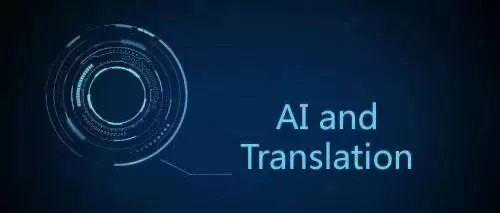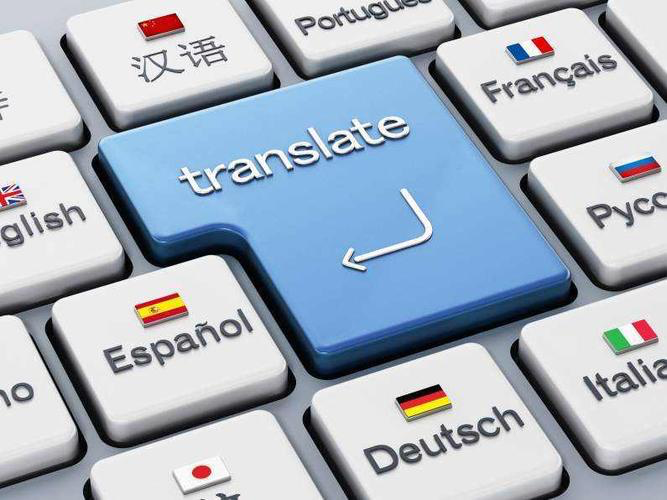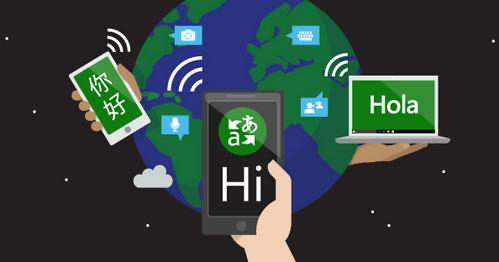With the rapid development of science and technology, today we can use machines to do the translation for us, be it in a foreign country or understanding essays from professors overseas. So more and more people are asking one question: will translation be undertaken completely by machines in the future?

Currently, we are actually living in a global village. We may stay in our home country, but are communicating with people overseas everyday or reading and listening materials in other languages. Recruiting a translator for ourselves is too expensive for most people. So a more convenient tool has been invented, that is, machine translation. Over the years, a large number of machine translation tools and applications have been created to cater the people's great needs in language translation, including Google translation, Deep L, etc. Those tools are mainly free to be used by ordinary people, greatly satisfying our needs.
While machine translation has brought so many advantages to our daily lives, some are worrying about the profession of translators. What will be the future for translators? Will they be completely replaced by machines? To address this problem, we need to look into the true values of human translation and see the disadvantages of machine translation.

Human are totally different from machines. We can think in logic and can adjust our actions and ideas according to the outside world and the changes happening from time to time. Therefore, we can actually give more taste of “life” to the translation by using our subjective minds instead of mechanically translating the passage word by word. In addition, nowadays, the work produced by machines needs to be checked and proofed by editors or the quality of the translation work can not be guaranteed. It should be known that machine translation, in its current stage, are not mature enough to undertake the translation of very complicated or subjective materials. Most of the work they can do is related to the articles of certain fields, such as manufacturing and machinery. For some articles closely related to the emotions of the author, including novels, poetry, opera, etc., human translators are needed to feel what the author feels and help the author to express his or her feelings to the target audience. This is a process heavily related to creation and subjectivity, which the machine does not have. The translations done by machines are mostly stiff and crude, which can not be completely understood or appreciated. For the translation that is formal and needs to be published, only a professional translator can finish the task.

To sum up, machine translation is a good helper for us because of its convenience and affordability. In the meantime, professional translators are also important as the final editors to correct the mistakes made by machines or to translate literary works that the machine can not handle. We need to see the values of machines and translators at the same time, and respect the work done by both of them for their respective advantages.

